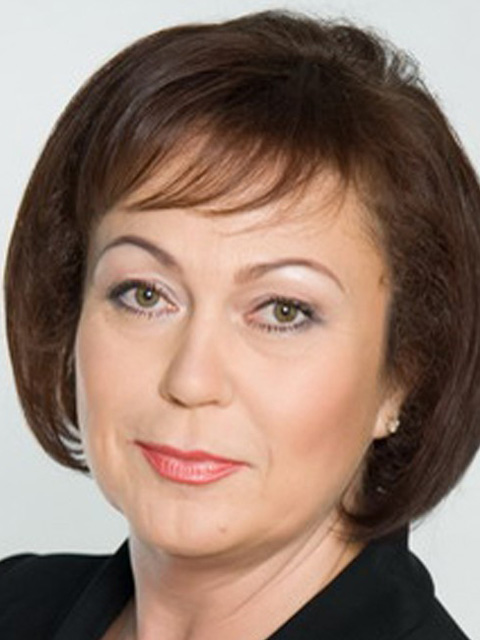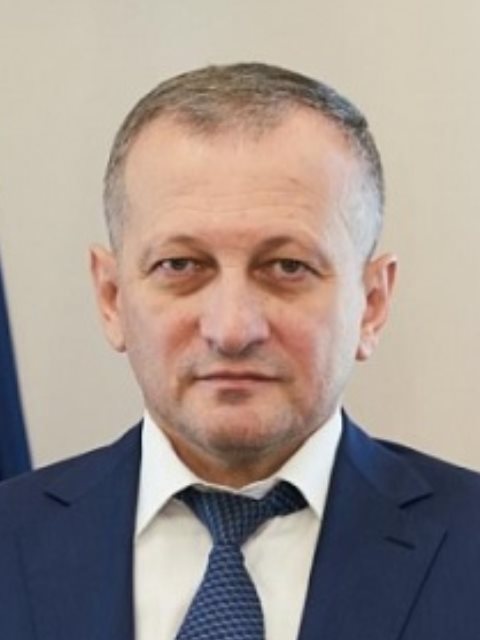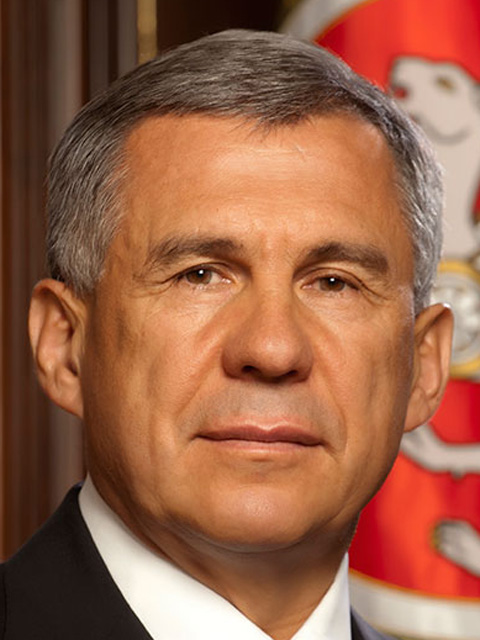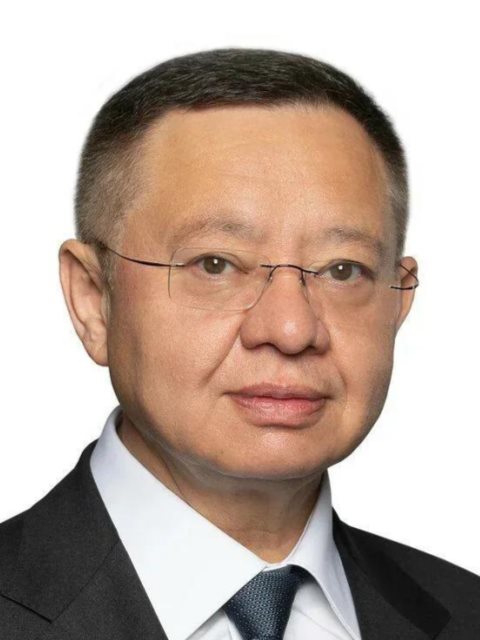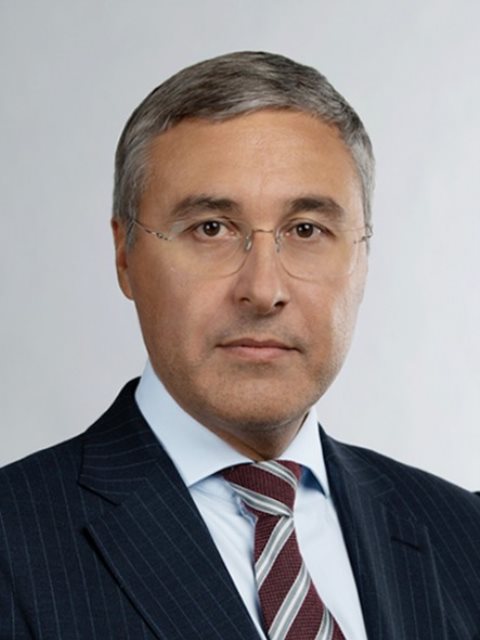The Russian Finance Ministry’s Internal Control Bodies Celebrate Turning 100: A Dialogue About the Future
The state financial audit’s hundred-year history has been marked by major transformations connected, among other things, with financial, economic and political challenges. What has always remained unchanged is the government’s task to ensure, even amid global upheavals, legitimate and efficient use of budgetary resources. Currently, new technologies are being introduced into every area of social life, necessitating a transformation of the state’s auditing functions. Handling crucial social tasks while spending budgetary resources carefully and productively can be achieved by developing state-of-the-art instruments for ex-ante and ongoing government auditing. The tremendous volume of data collected and means for computerized analysis available today allow for auditing to be digitalized, make for more effective risk-control in the financial and budgetary areas, and shift the emphasis from ex-post to ex-ante auditing. Auditors should become involved as early as possible in tracking budgetary fund flows while acting primarily as advisors and assistants to members of the financial and budgetary area. This would prevent wrongful actions, provide assistance and ensure the best possible results. At the same time, it appears impossible to do so without involving all stakeholders, without their trust-based and responsible collaboration. Fiscal discipline is ensured by aligning the actions of administrators and recipients of budgetary funds, of auditing, monitoring and supervisory bodies. This new paradigm of government auditing broaches questions of trust! What is the extent of people’s trust in government auditing and the overall financial system? Isn’t there a risk of government auditing becoming less effective as a consequence of such interactions? What would be the best way to set up communications between all participants in the budgetary process to boost fiscal discipline? What is digital auditing and what should the auditor of the future be like?
Moderator
Alexey Lavrov,
Deputy Finance Minister of the Russian Federation
Panellists
Galina Izotova,
Acting Chair, Accounts Chamber of the Russian Federation
Eli Isaev,
Deputy Head, Federal Treasury
Rustam Minnikhanov,
Head of the Republic of Tatarstan
Irek Fayzullin,
Minister of Construction and Housing and Communal Services of the Russian Federation
Valery Falkov,
Minister of Science and Higher Education of the Russian Federation
Yuriy Chihanchin,
Director, Federal Financial Monitoring Service





